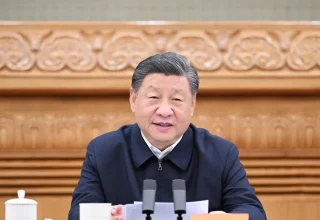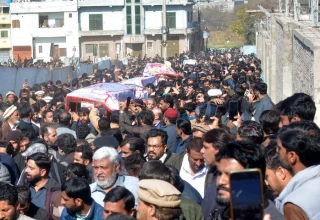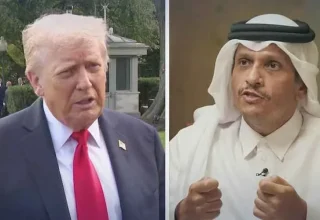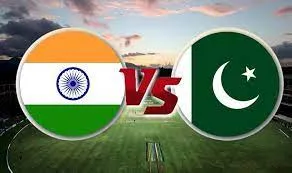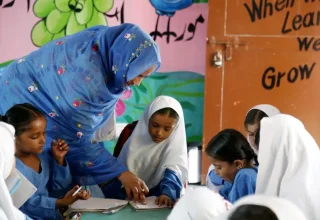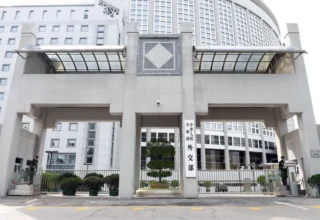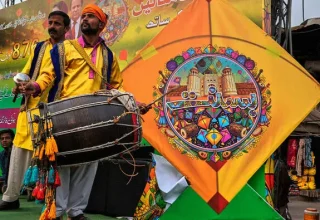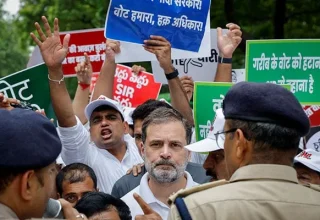
NEW DELHI: The Election Commission of India, long regarded as the impartial guardian of the world’s largest democracy, is facing unprecedented scrutiny over its credibility and independence.
Opposition leaders and critics have alleged that large-scale rigging of elections is impacting the overall results of the vote. The ECI has denied all charges, the first against it in India’s history.
Heading the charge is the leader of the opposition in New Delhi’s parliament, Rahul Gandhi of the Congress party, who previously alleged that India’s electronic voting machines are flawed.
Now Gandhi has accused the ECI of refusing to share digital voter records, detailing what he said was a list of errors after his supporters spent weeks combing through vast piles of registration lists by hand.
Gandhi, 55, said his party lost dozens of seats in the 2024 parliamentary elections because of vote rigging.
The largest democratic exercise in human history across the country of 1.4 billion people was staggered over six weeks.
Gandhi claimed that the ECI manipulated voter rolls to favour Prime Minister Narendra Modi´s Bharatiya Janata Party (BJP).
Modi, 74, won a historic third term last year but fell short of a majority.
The alleged rigging involved a string of tactics, according to Gandhi.
He said some people voted multiple times, citing bulk registrations from one dwelling and seemingly bogus addresses.
In a presentation to reporters on August 7, Gandhi pointed to a parliamentary constituency his party narrowly lost as an “open and shut” example of the alleged irregularities.
Over 100,000 “fake” votes were cast in the constituency, he said, courtesy of duplicate voters.
His Congress party lost the seat by just over 30,000 votes.
“Our demand from the ECI is clear — be transparent and release digital voter rolls so that people and parties can audit them,” Gandhi said.






